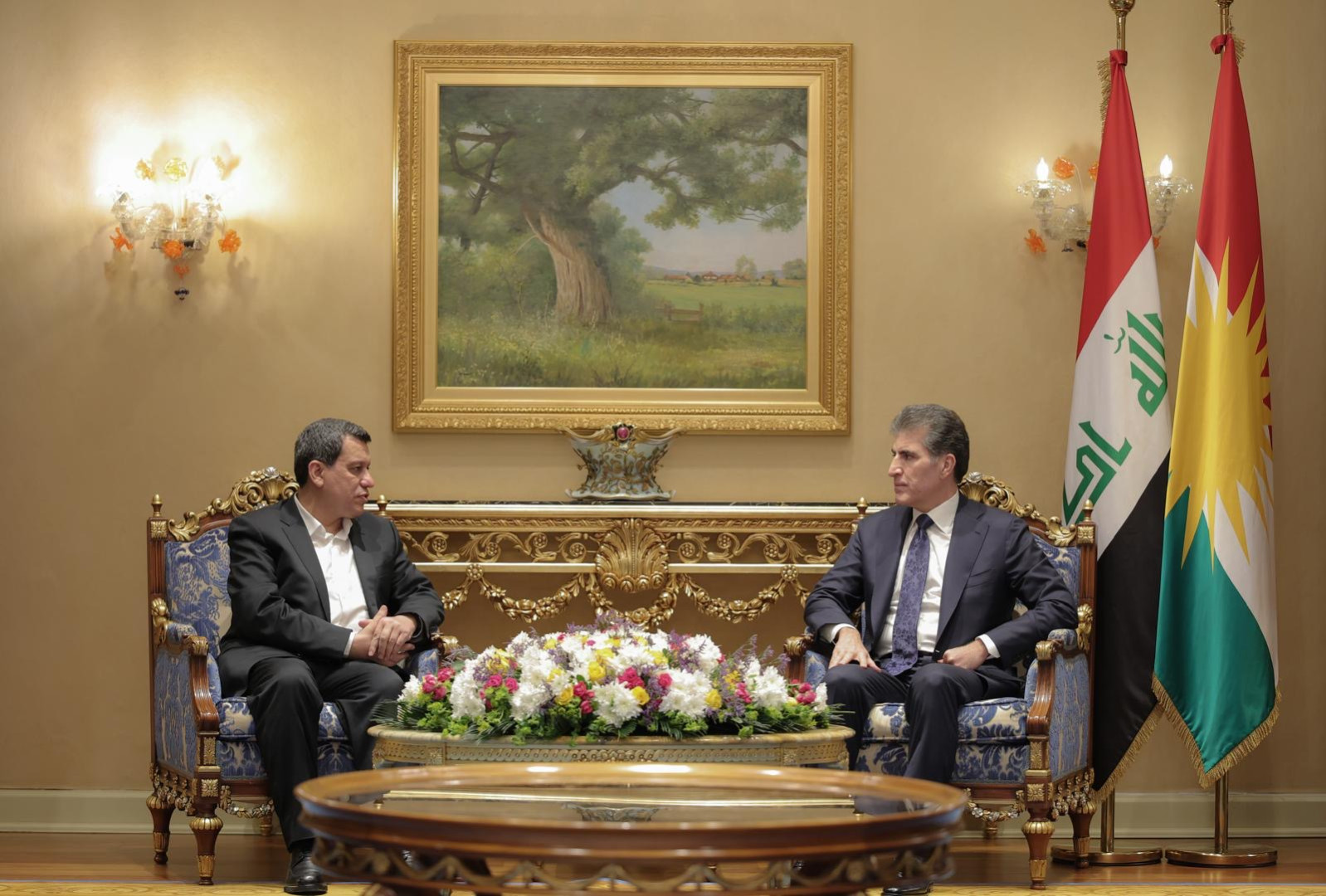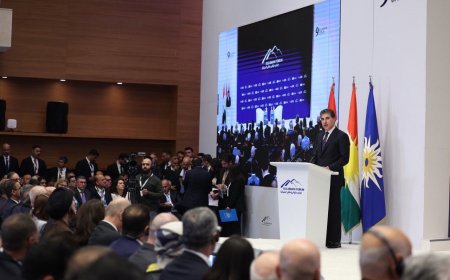Political Governance Models in Syria and Iraq: A Comparative Analysis in the Presence of American Diplomatic Engagement
Dr. Sirwan Abdulkarim Ali / Political analyst and academic

Recent diplomatic developments in Syria offer insights into evolving approached to governance in the Middle East. Two important things stand out. Firstly, the signing of a $7 billion energy agreement in Damascus, overseen by U.S. Special Envoy to Syria, Thomas Barak. Secondly, President Trump's intention to remove Syria from the terrorism watchlist list represent significant shifts in regional political dynamics that merit examination alongside Iraq's post-2003 experience.
Contemporary Middle Eastern political systems often face challenges in establishing robust constitutional frameworks that command broad popular support. The current Syrian administration is operating without an established electoral system. This illustrates one approach to governance during transitional periods. It contrasts with Iraq's post-2003 trajectory, which put emphasis on electoral processes but has encountered significant challenges in equitable resource distribution and effective administration over the past two decades. These divergent paths suggest different perspectives on the relationship between democratic institutions and effective governance.
Many regional political systems demonstrate patterns where leadership transition occurs through familial rather than institutional mechanisms. Such an approach reflects concerns about maintaining stability and continuity, though it may raise questions about the development of sustainable democratic institutions that can facilitate peaceful transfers of power based on popular mandate.
Syria's recent $7 billion energy investment agreement as mentioned above was signed with a consortium including Qatari, American, and Turkish companies. It represents an emphasis on economic development through negotiated partnerships rather than electoral mandates. Energy Minister Mohammed al-Bashir described the agreement as "Practical implementation of lifting sanctions on Syria," indicating priorities focused on economic reconstruction and international integration. This approach appears to prioritize immediate economic benefits and regional stability over traditional democratic processes, potentially offering cost savings and reduced political complications while raising questions about long-term legitimacy and representation.
Iraq's post-2003 experience with electoral democracy, while representing significant political transformation, has faced ongoing challenges related to sectarian divisions, resource allocation, and administrative effectiveness. Despite substantial oil revenues and international support, the country has struggled with governance issues that highlight the complexity of implementing democratic systems in post-conflict environments.
Thomas Barak's assessment that "Syria's current administration does not want war with Israel" and his call to "Give the new Syrian administration a chance" reflects evolving international engagement strategies. The meeting between Presidents Trump and al-Sharaa in Riyadh in May 2025, which resulted in the decision to lift American sanctions on Syria, demonstrates the importance of external validation and support in regional political arrangements.
This pattern suggests that many Middle Eastern political systems benefit from international guidance and legitimacy, particularly from major powers like the United States. This is particularly important in the current political and security environment. The contrasting approaches of Syria and Iraq offer insights into different models of political organization. Syria's current focus on negotiated agreements and economic partnerships represents what might be characterized as a management-led approach, prioritizing practical governance over democratic legitimacy. Iraq's electoral experience, while facing significant challenges, represents an attempt to establish democratic institutions despite ongoing difficulties.
The experiences of Syria and Iraq illustrate the complexity of political development in the Middle East. While both countries face unique challenges, their different approaches. On the one hand, Syria's negotiated agreements while on the other, Iraq's electoral framework, provide valuable case studies for understanding contemporary governance models in the region. The ongoing role of international partnerships and validation in both cases underscores the interconnected nature of regional and global political dynamics.



















































